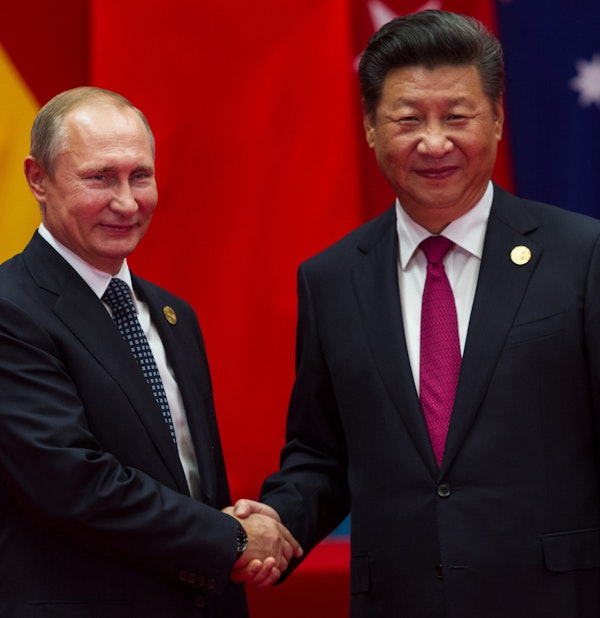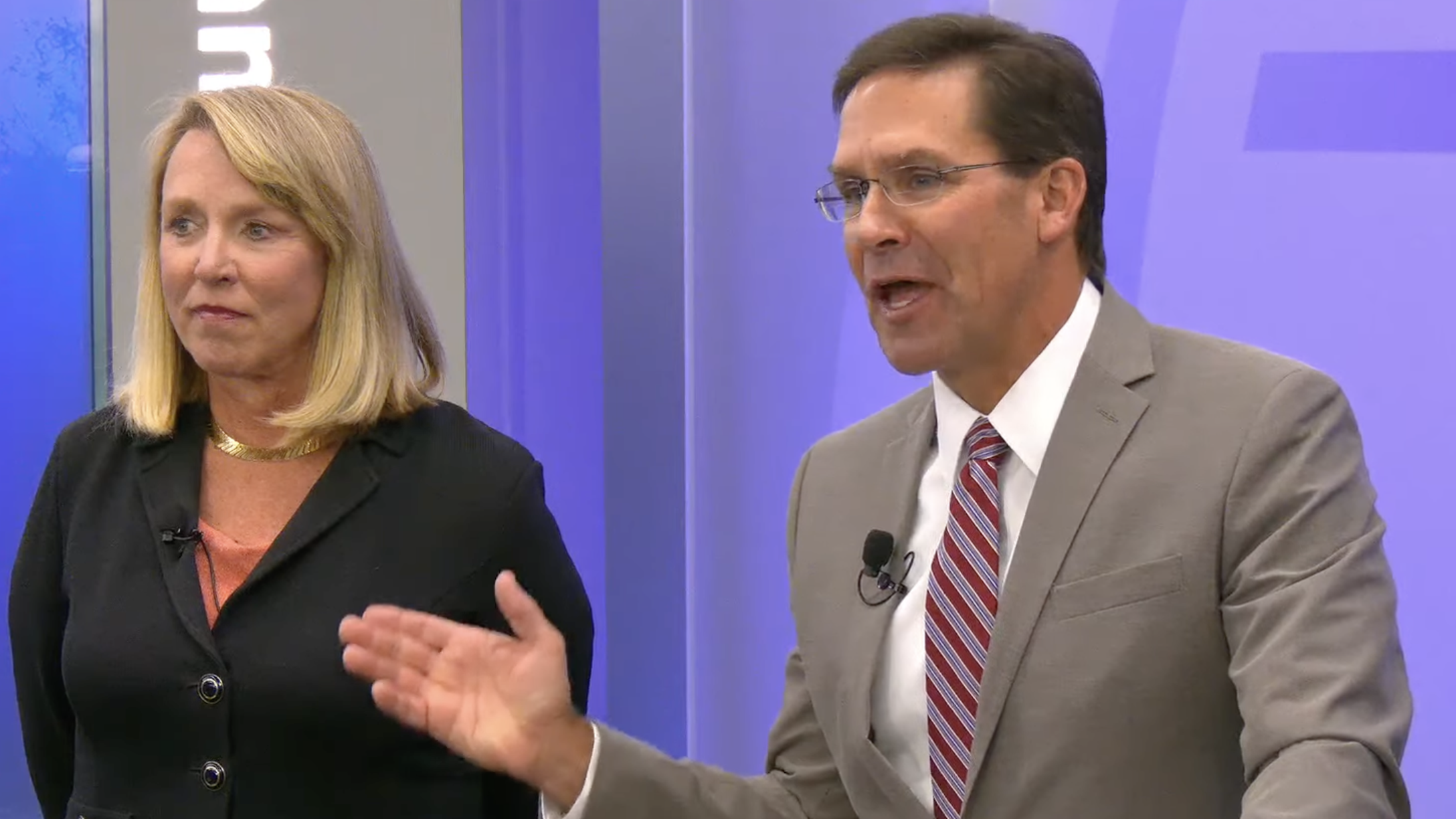The global trade in Information Communication Technology (ICT) products and the resultant value chains are dominated by countries like Taiwan and China. They have implemented liberal trade policies and low tariff regimes, primarily facilitated by the World Trade Organization's (WTO) plurilateral Information Technology Agreement (ITA-1), since 1996. The ITA-1 sought to eliminate tariffs on scheduled ICT products to maximise world trade and the development of information technology industries.
While India has been a signatory to the ITA-1 since 1997, its tariff treatment of ICT products has been inconsistent with its stated commitments under the ITA-1. Most recently, on April 17, 2023, a panel set up by the WTO Dispute Settlement Board ruled against India in the matter of a challenge to India's tariffs levied on certain ICT products covered in its schedule. India has maintained that its accession to the ITA-1 adversely affected its domestic ICT manufacturing capabilities and increased its import dependence on such products, particularly from China.
This discussion document compares India’s ICT manufacturing performance with that of China, Malaysia, Vietnam, and Taiwan, countries that have leveraged ITA-1-enabled tariff regimes to become globally dominant exporters of ICT products. It finds that India’s divergent position on the ITA-1 is based on an incorrect correlation of increased ICT imports with the consequences of an absent complementary industrial and investment policy which hamstrung its ICT manufacturing sector.
Recent government initiatives suggest a growing cohesion in India’s perspectives on Foreign Direct Investment (FDI), infrastructure development, and Production-Linked Incentives (PLI), and therefore, this paper proposes that India reiterate its commitment to its ITA-1 obligations, study the potential impact of joining the expanded ITA-2 on other manufacturing sectors, and negotiate Free Trade Agreements (FTAs) to consolidate its integration into global ICT value chains.










